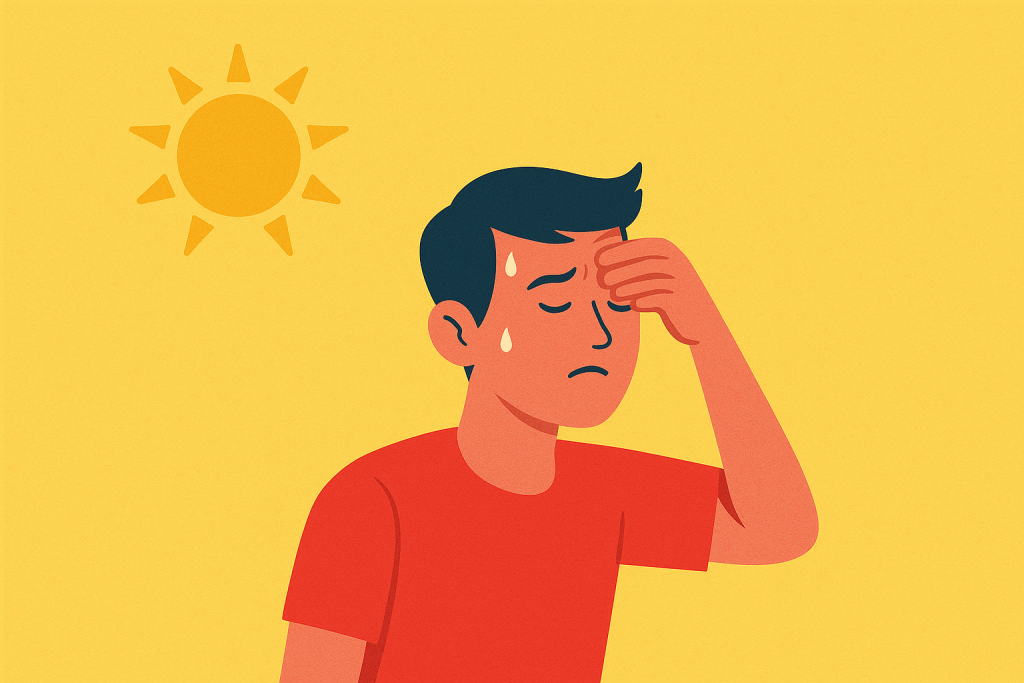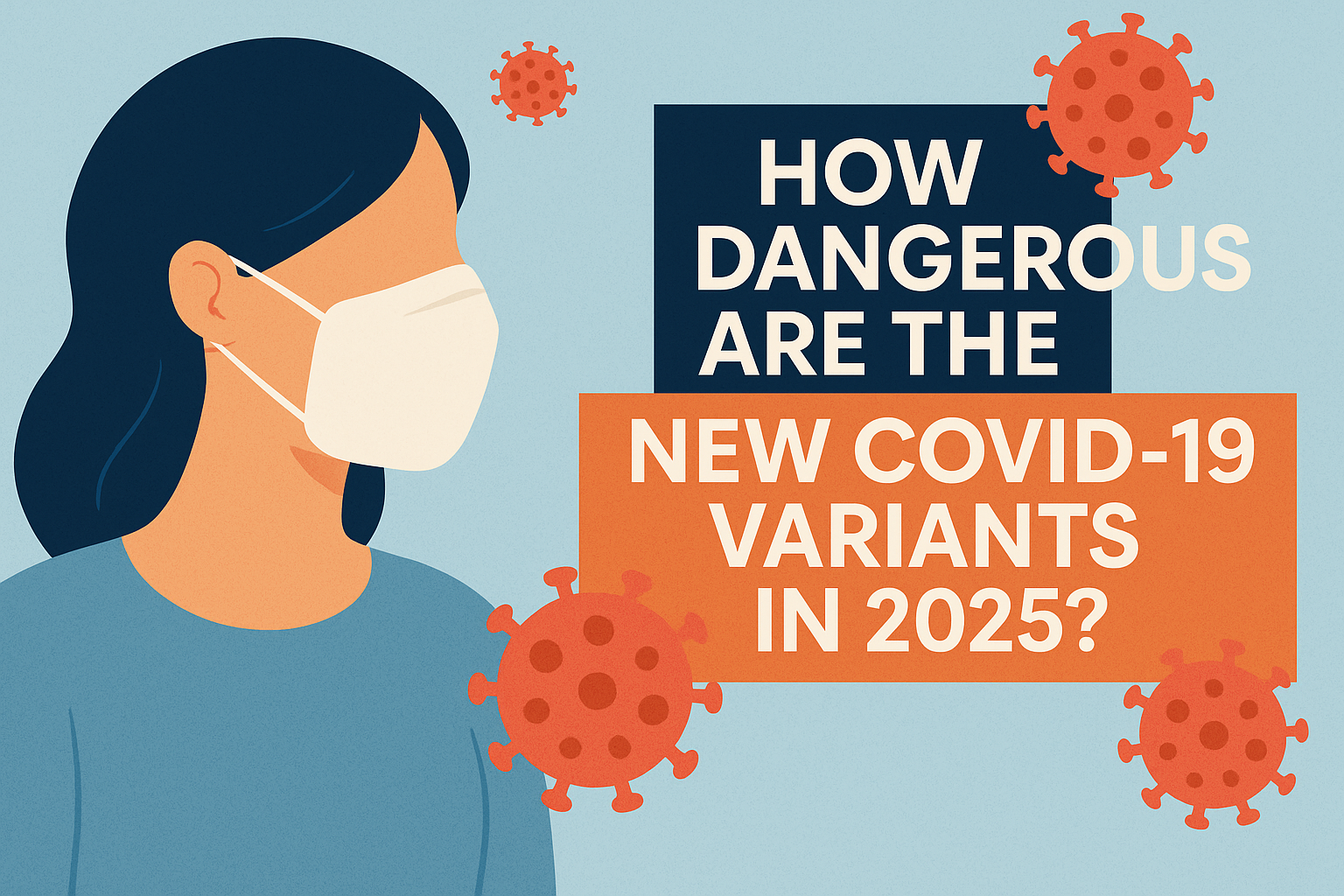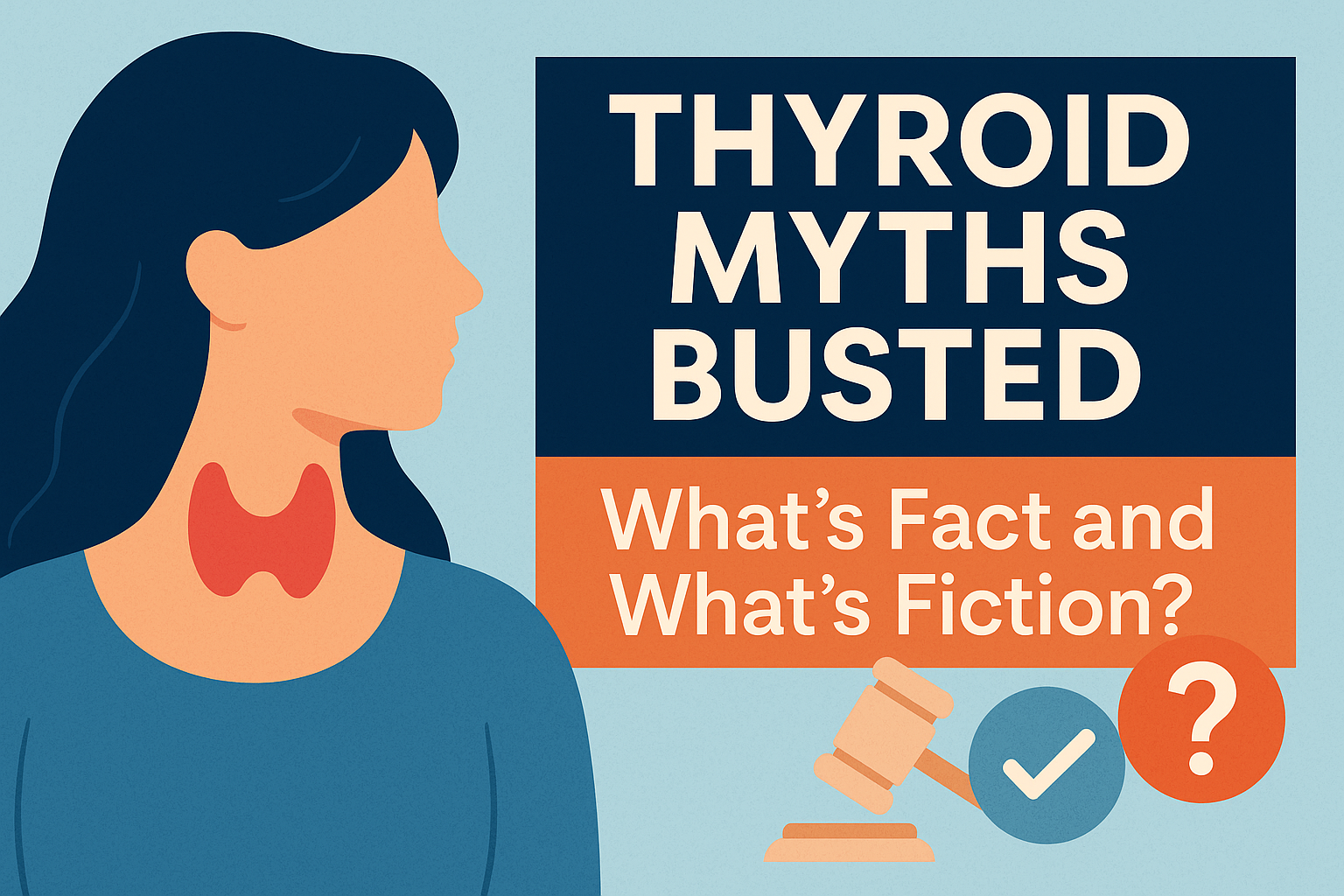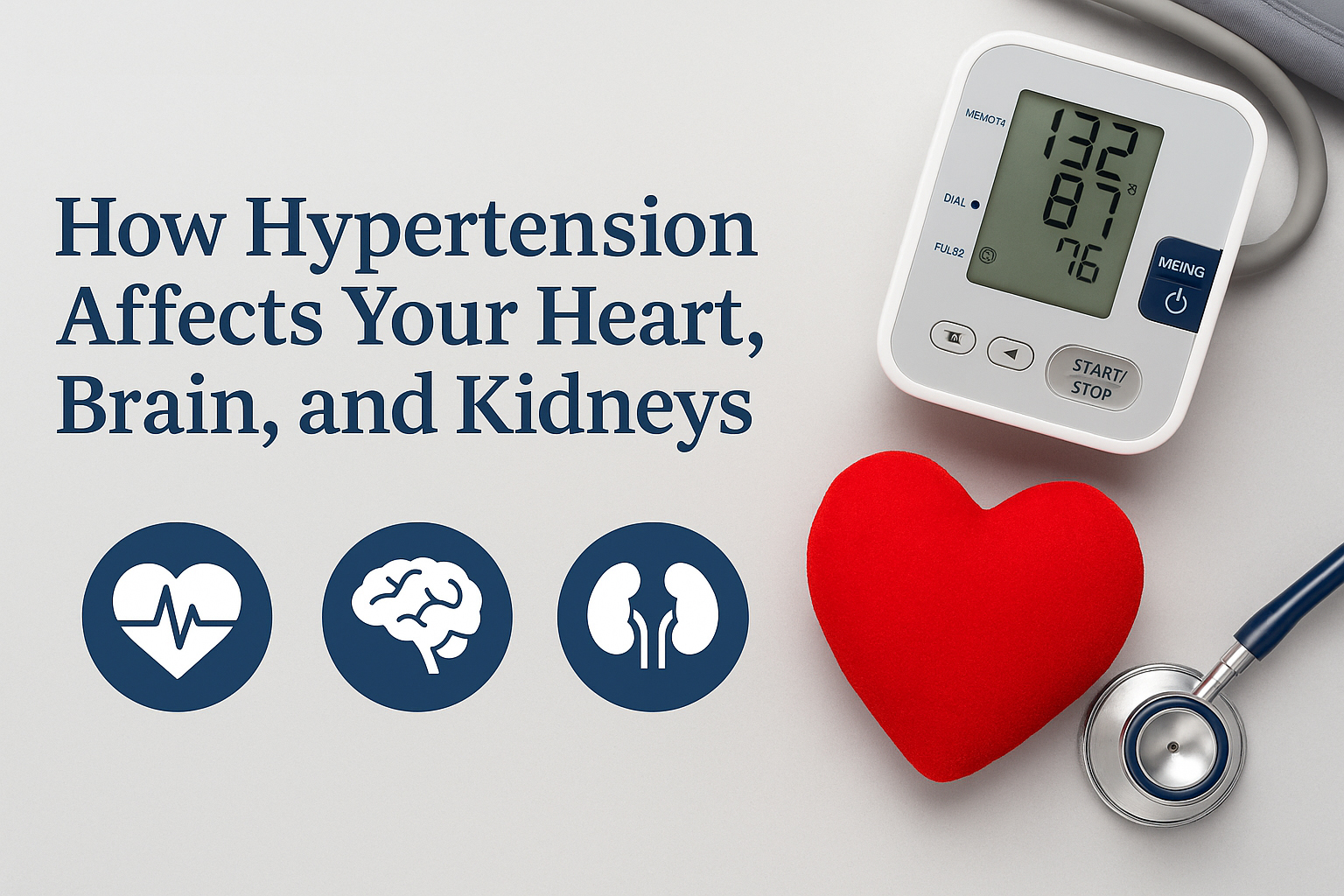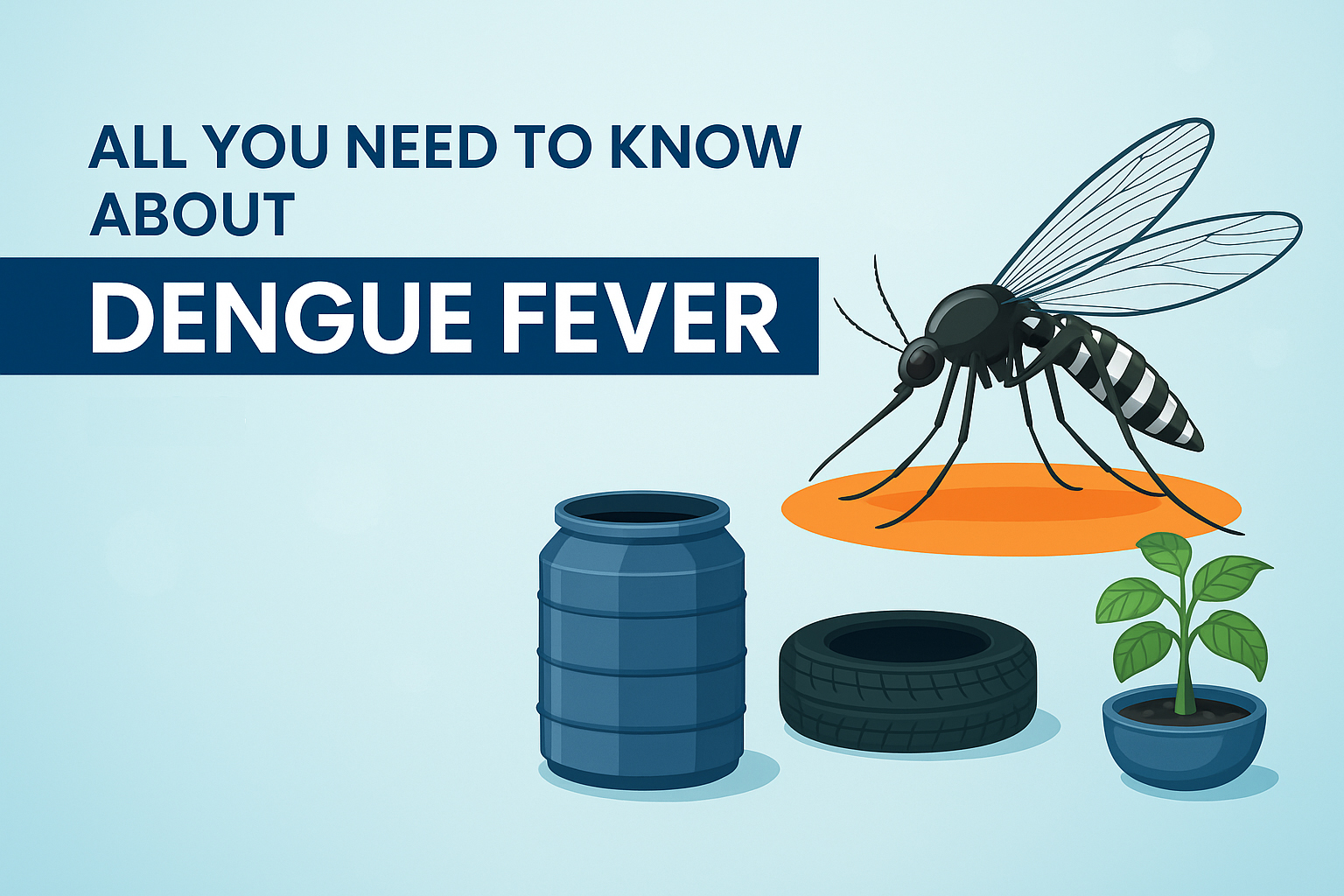
All You Need to Know About Dengue Fever: Symptoms, Causes, and Prevention
By Dr. Akshay Chugh in Internal Medicine
May 16, 2025
Dengue fever, often referred to as “breakbone fever,” is a mosquito-borne viral disease that has become a major public health concern, especially during monsoon seasons in tropical and subtropical regions. Despite its growing impact, many people still lack complete awareness of the disease, its symptoms, and how it can be prevented.
What Is Dengue Fever?
Dengue fever is triggered by the dengue virus (DENV), which exists in four distinct strains: DENV-1, DENV-2, DENV-3 & DENV-4. It is transmitted to humans through the bite of an infected female Aedes aegypti mosquito — the same mosquito responsible for spreading Zika and chikungunya viruses.
Once bitten by an infected mosquito, symptoms may start appearing in 4 to 10 days, and they can range from mild to severe.
How Does Dengue Spread?
Dengue is not spread from person to person. The cycle involves:
- A mosquito bites a person already infected with the dengue virus.
- The virus develops and multiplies inside the mosquito over a period of 8 to 12 days.
- After this incubation period, the mosquito becomes capable of spreading the virus to healthy individuals through its bite.
These mosquitoes are most active during early morning and before sunset, and they breed in stagnant, clean water — such as in flowerpots, buckets, discarded tires, and uncovered tanks.
Common Symptoms of Dengue Fever
Although many dengue infections are mild and may go unnoticed, symptomatic cases can lead to noticeable and distressing symptoms such as:
- High fever (sudden onset)
- Severe headaches (especially behind the eyes)
- Joint and muscle pain
- Nausea and vomiting
- Skin rashes (usually a few days after fever starts)
- Fatigue and weakness
- Mild bleeding
These symptoms usually last for 2–7 days and are known as the febrile phase.
Also Read: World Malaria Day : Know about Malaria and Save yourself from Malaria
When Does Dengue Become Severe?
In a small number of cases, dengue can develop into severe dengue (previously called Dengue Hemorrhagic Fever or Dengue Shock Syndrome), which can be life-threatening. Warning signs of severe dengue include:
- Persistent vomiting
- Severe abdominal pain
- Bleeding from the nose or gums
- Blood in vomit or stool
- Rapid breathing or difficulty in breathing
- Fatigue or restlessness
- Drop in blood pressure
Immediate hospitalization is required if any of these symptoms appear, especially after the fever subsides — as complications often arise during the recovery phase.
Diagnosis and Treatment
There is no specific antiviral treatment for dengue. Diagnosis is usually made through blood tests that check for dengue antigens or antibodies.
Treatment focuses on:
- Staying hydrated (oral fluids or IV fluids)
- Managing fever and pain (paracetamol is recommended; avoid ibuprofen or aspirin)
- Monitoring for signs of severe dengue
Self-medication should be avoided. Always consult a healthcare provider if dengue is suspected.
Who Is at Risk?
Dengue can affect anyone, but certain groups are at higher risk:
- People living in or traveling to endemic areas (tropical urban cities)
- Children and elderly
- People with weakened immune systems
- Individuals previously infected with a different strain of the virus
Prevention: Your Best Defense
There is currently no specific vaccine or cure for all types of dengue, so prevention is the most effective strategy.
✅ Prevent Mosquito Breeding:
- Remove stagnant water from in and around your home by emptying items like containers, unused tires, flowerpots, and water tanks.
- Clean and scrub water storage containers weekly
- Use mosquito nets and screens on doors/windows
✅ Protect Yourself:
- Wear long-sleeved clothing, especially at dawn and dusk
- Use mosquito repellents on exposed skin
- Use mosquito coils or electric vaporizers indoors
- Use a mosquito net while sleeping, especially if the windows are left open.
Community Awareness Is Key
Dengue prevention is not just an individual effort. Communities must come together to promote awareness, especially before and during monsoon seasons. Local bodies, schools, and health departments play an important role in controlling mosquito breeding sites.
Conclusion
Dengue fever can range from a mild illness to a severe, life-threatening condition. Early detection, timely treatment, and most importantly, prevention through mosquito control and personal protection are crucial in combating the spread of dengue.
This monsoon, let’s be proactive — don’t let dengue breed at home. Stay aware, stay safe, and spread the word to help protect others too.




